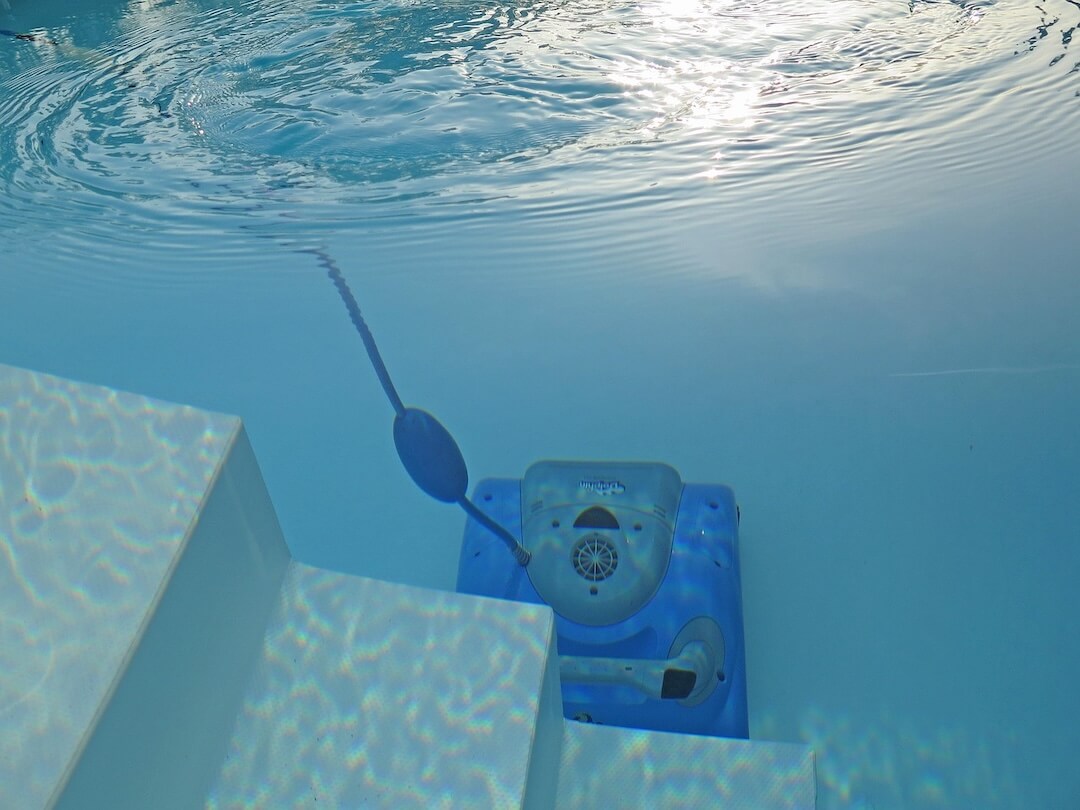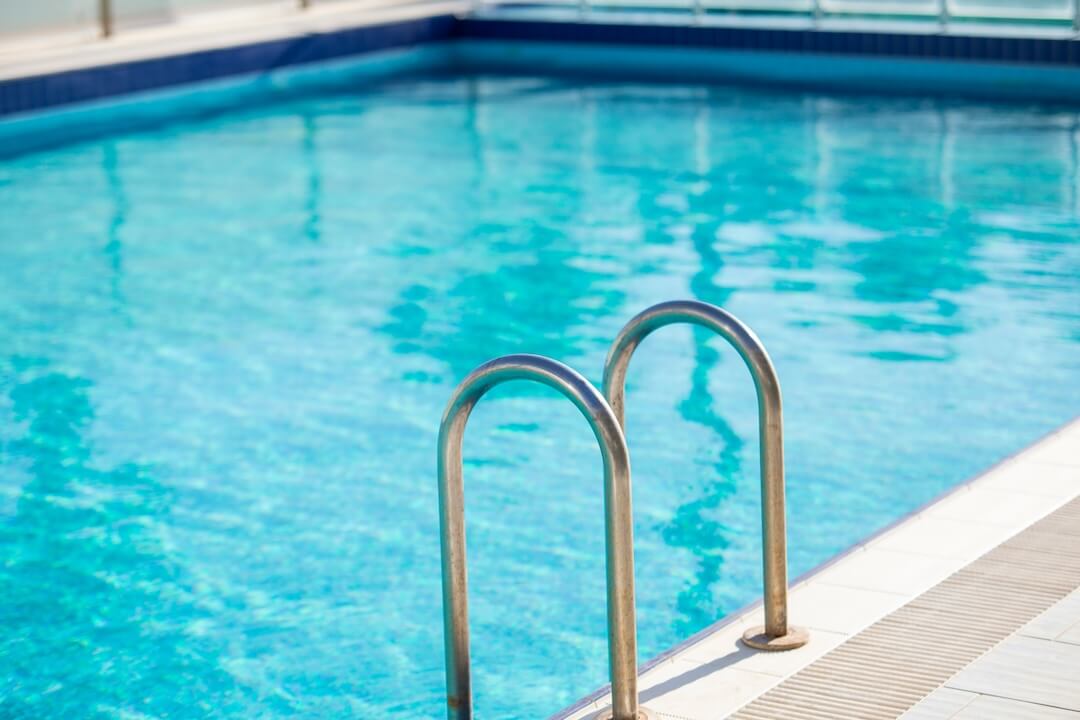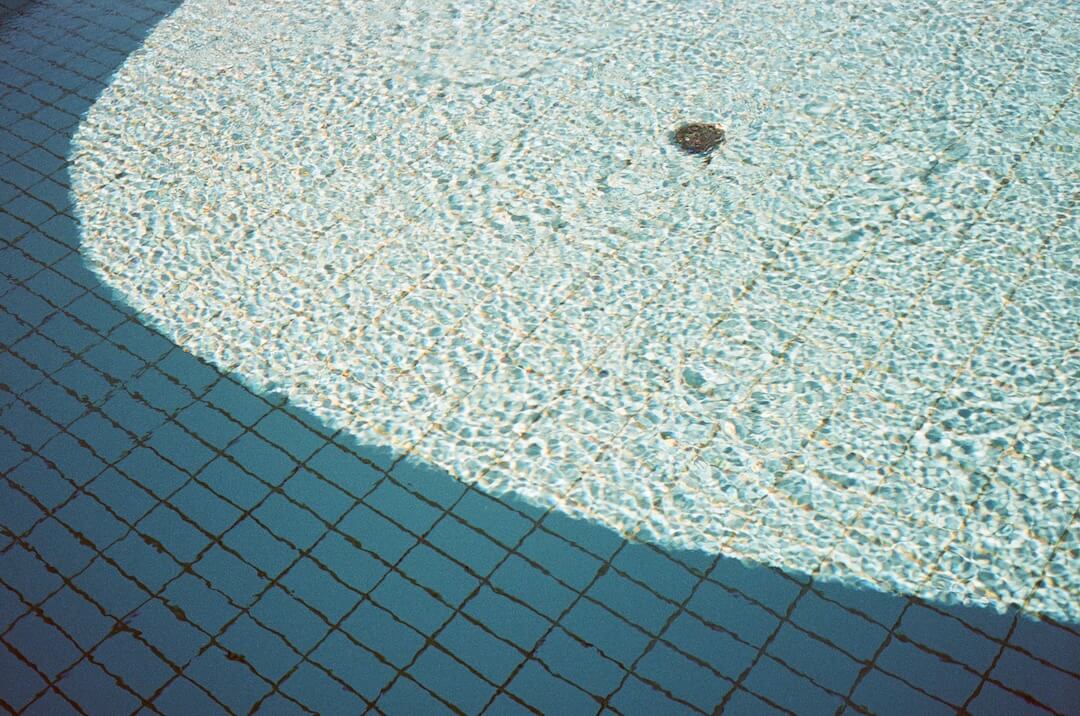How to Shock Your Pool the Right Way

How to Shock Your Pool the Right Way
Maintaining a pristine pool in Fort Lauderdale requires more than regular skimming and brushing—it also involves properly shocking your pool to eliminate bacteria, algae, and organic contaminants. Pool shocking, or superchlorination, is a vital step in pool maintenance that restores water clarity and ensures the safety of swimmers, especially in the humid, warm climate of South Florida. Whether you’re a seasoned pool owner or a beginner, understanding how to shock your pool correctly can make all the difference in extending the life of your equipment and enhancing your swimming experience.
What Does Pool Shocking Mean?
Pool shocking is a process that involves adding a high dose of chlorine or other sanitizer to your pool water to break down organic matter and kill bacteria, algae, and other microorganisms that regular chlorination might not fully eliminate. In Fort Lauderdale, where the high temperatures and frequent use can accelerate pool water contamination, shocking is especially critical during the summer months, after heavy rainfall, or if you notice cloudy water or algae growth.
Why Is Shocking Necessary in Fort Lauderdale?
The hot and humid climate in Fort Lauderdale creates an ideal environment for algae blooms and bacteria proliferation. Additionally, wave after wave of outdoor life, pollen, dirt, and swimmer contaminants can quickly upset the balance of your pool’s water chemistry. Regular shocking helps restore proper sanitizer levels, prevent algae outbreaks, and keep your water sparkling clear. Furthermore, Florida’s strict health standards for public and private pools make shocking an essential part of consistent pool maintenance.
When Should You Shock Your Pool?
Knowing the right times to shock your pool is key to maintaining optimal water quality. Here are some common scenarios in Fort Lauderdale that call for a pool shock:
- Water appears cloudy or dull: Cloudiness often indicates bacteria or algae presence that needs to be eliminated.
- Algae growth: Any visible algae, especially green or black patches, require immediate shocking.
- After heavy rain or storms: Rain can dilute chemicals and introduce contaminants.
- High bather load: More swimmers mean more organic waste, increasing the need for shock treatment.
- Regular maintenance schedule: Many Fort Lauderdale pool owners shock their pools weekly or bi-weekly during peak swimming season for ongoing water health.
- Chemical imbalance: If tests show low chlorine residuals or high pH levels, shocking can help rebalance the water chemistry.
Choosing the Right Pool Shock Product in Fort Lauderdale
Selecting the appropriate pool shock product is crucial for effective sanitation and safety. Here are the most common types available in Fort Lauderdale and Florida:
- Calcium Hypochlorite (Cal-Hypo): A fast-acting, potent shock that’s ideal for quick clarifying and algae prevention. It’s a granular form that dissolves rapidly but must be handled carefully due to its high calcium content.
- Sodium Dichlor: A stabilized shock that releases chlorine slowly and is suitable for regular shocking, especially in pools with sensitive equipment or plaster surfaces.
- Non-Chlorine Shock (Potassium Monopersulfate): An oxidizer that doesn't add chlorine but helps remove organic contaminants. It’s perfect for routine shocking without increasing chlorine levels.
- Liquid Shock: A liquid form of chlorine that’s easy to dose and quick to mix, often used for emergency treatments or large pools in Fort Lauderdale.
In the humid Florida climate, Calcium Hypochlorite remains popular for its effectiveness, but always follow manufacturer instructions and safety guidelines to avoid over-application or damage to your pool surface.
How to Safely Shock Your Pool in Fort Lauderdale
Proper application of pool shock is essential for safety, effectiveness, and avoiding damage to your pool and equipment. Follow these step-by-step instructions:
1. Test Your Water Chemistry: Use a reliable pool test kit to check free chlorine, pH, alkalinity, and cyanuric acid levels. Ideally, shock when pH is between 7.2 and 7.6, as this ensures chlorine works efficiently.
2. Calculate the Correct Dose: Refer to the product label for dosage instructions based on your pool size in gallons. Over-shocking can lead to unnecessary chemical use and potential irritation.
3. Pre-Dissolve Shock (if required): For granular products like calcium hypochlorite, dissolve the shock in a bucket of water before adding to prevent staining or clouding.
4. Add Shock to the Deep End: Pour the diluted shock solution slowly into the deep end of the pool while the pump and filter are running to ensure proper circulation.
5. Run the Pump: Keep the pool pump running for at least 8-12 hours to evenly distribute the shock and allow chemical reactions to occur.
6. Avoid Swimming Immediately: Wait until chlorine levels drop to the recommended range (usually below 3 ppm) before swimming, which can take several hours depending on the shock used.
7. Retest Water: After the shock, test the water again to confirm proper sanitizer levels and adjust if necessary.
Tips for Effective Pool Shocking in Fort Lauderdale
- Shocking at Night or During Low Usage: To maximize effectiveness and avoid swimmer irritation, shock your pool after sunset or during periods of non-use.
- Use Cyanuric Acid Stabilizer: In sunny Fort Lauderdale, stabilizer helps protect chlorine from UV degradation, making shocks more effective.
- Maintain Consistent pH Levels: Proper pH enhances chlorine’s efficacy, so adjust pH before shocking if necessary.
- Regular Maintenance: Incorporate shock treatments into your weekly or bi-weekly pool maintenance routine to prevent algae and bacteria buildup.
- Store Chemicals Safely: Keep pool chemicals in a secure, well-ventilated area away from children and pets.
Common Mistakes to Avoid When Shocking Your Pool
- Overdosing chemicals: Excessive shock can damage pool surfaces, equipment, and cause skin irritation.
- Shocking with low water levels: Ensure your water level is appropriate for proper circulation.
- Not retesting water after shocking: Always verify that sanitizer levels are within safe swimming ranges before re-entering the pool.
- Shocking too frequently: Over-shocking can lead to chemical imbalances; follow recommended schedules.
- Ignoring safety precautions: Always wear gloves, goggles, and masks when handling pool chemicals, especially in the Florida heat.
Benefits of Professional Pool Shocking in Fort Lauderdale
While DIY shocking is manageable, many Fort Lauderdale pool owners prefer the peace of mind offered by professional service providers. Our trained technicians can accurately assess water chemistry, choose the right products, and apply shocks safely and effectively. They also help maintain optimal sanitizer levels, prevent long-term damage, and ensure your pool remains crystal clear and safe for all swimmers.
Final Thoughts
Properly shocking your pool in Fort Lauderdale is a cornerstone of effective pool maintenance that guarantees clean, safe, and inviting water. By understanding the best products, timing, and application techniques, you can protect your investment and enjoy a sparkling pool all year round. Whether you opt for DIY methods or professional assistance, always prioritize safety and accurate chemical handling to ensure your pool remains in pristine condition. Contact our local Fort Lauderdale pool experts today for personalized advice and professional shocking services tailored to your outdoor oasis.



